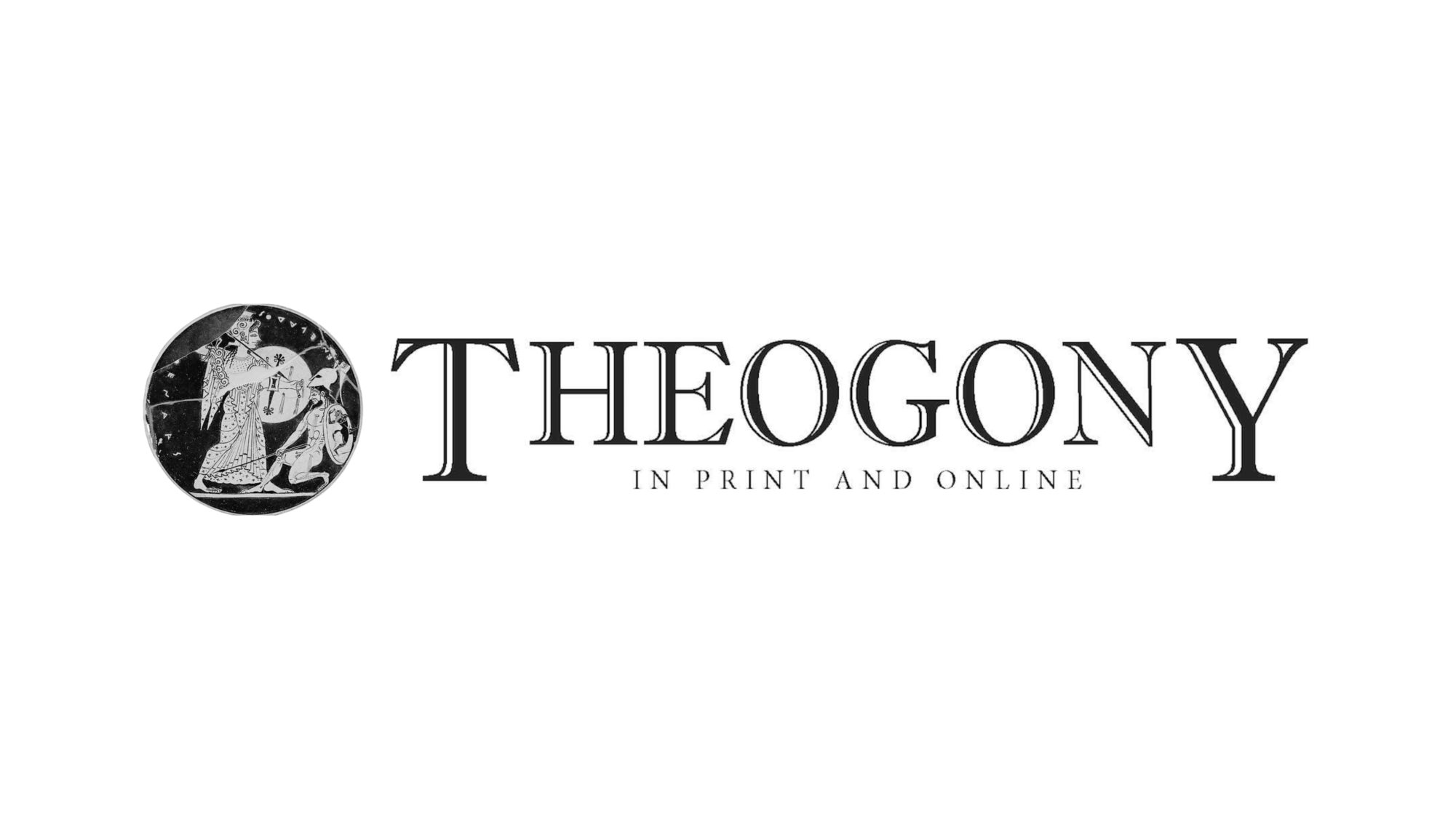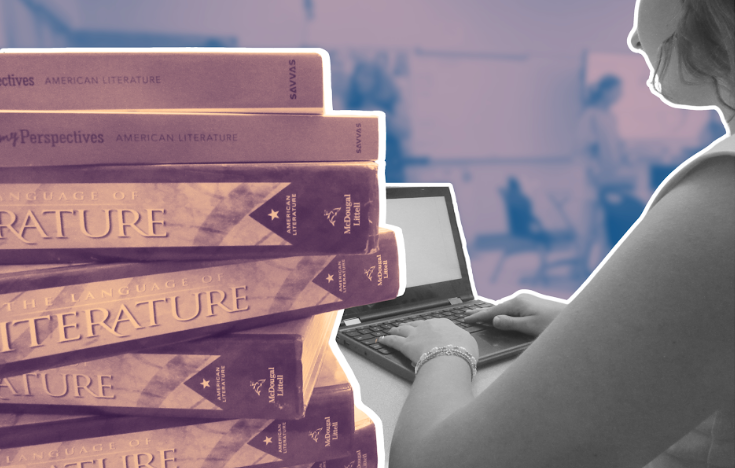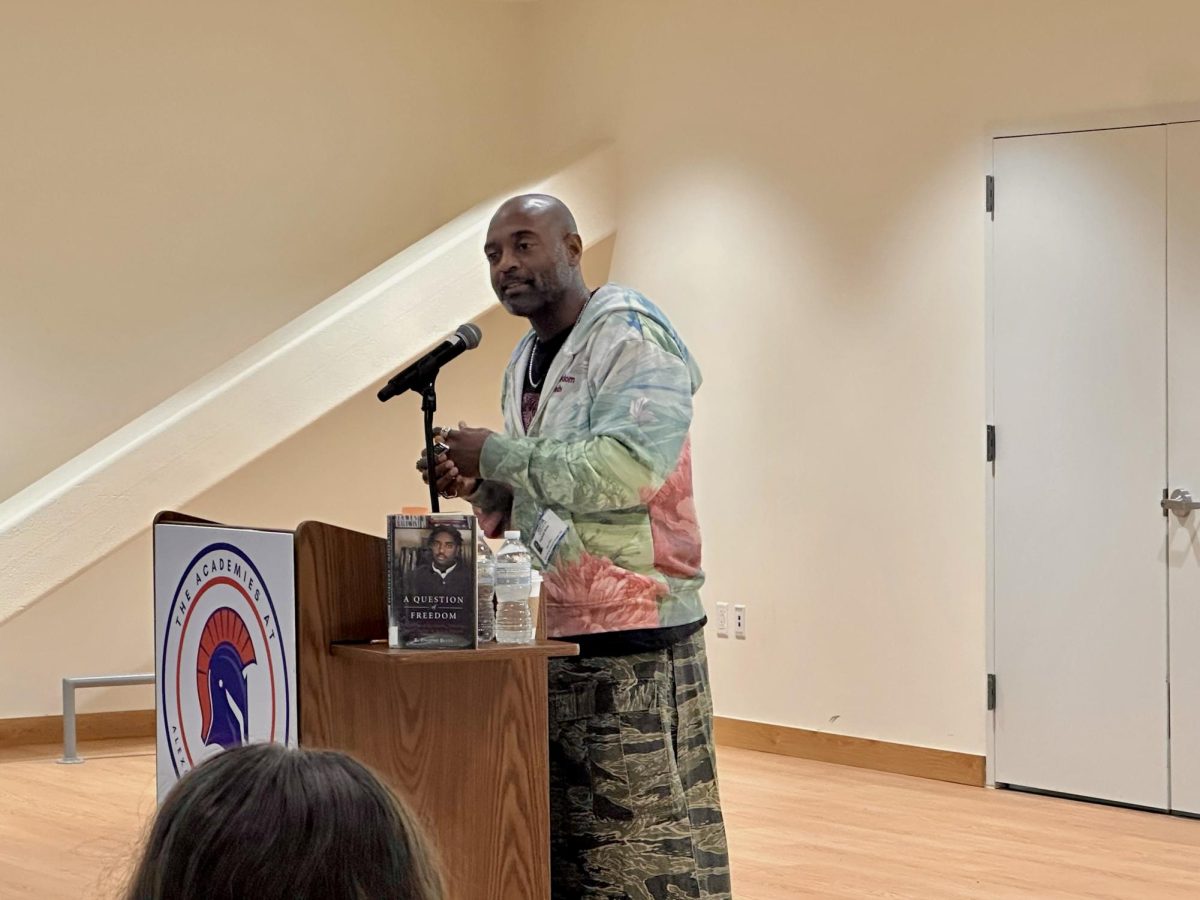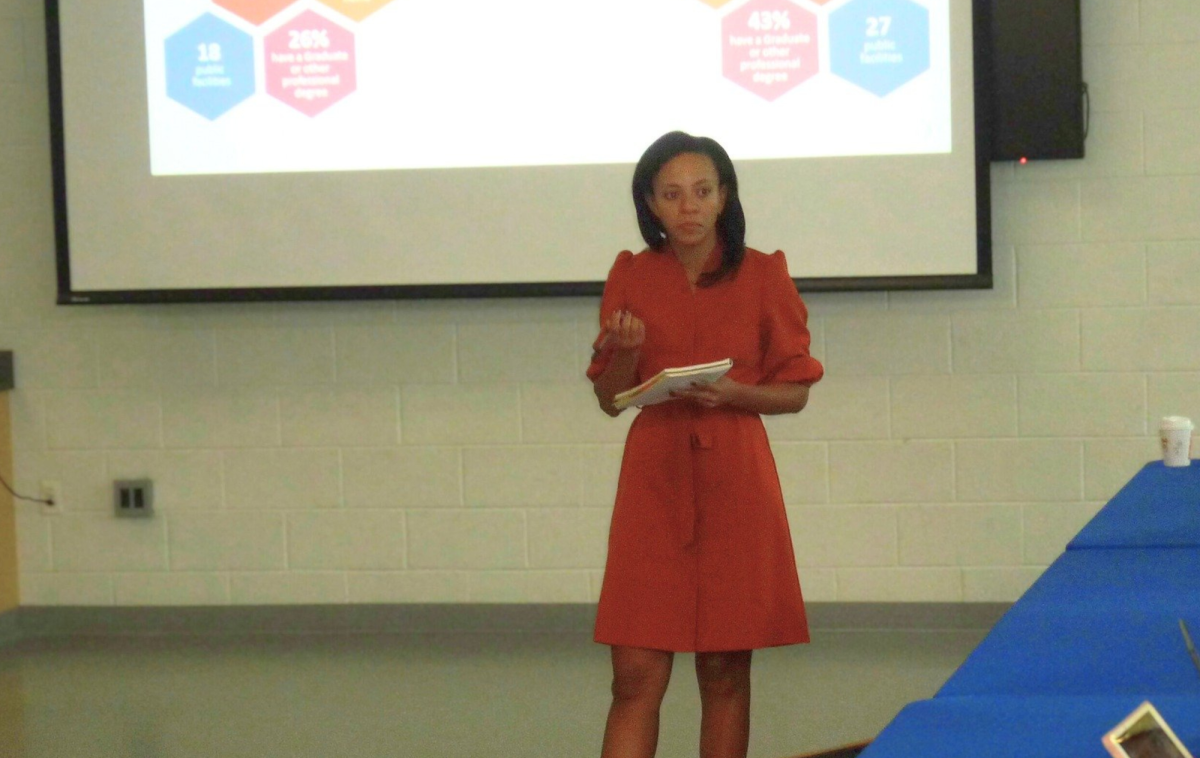For centuries, textbooks have served as the backbone of education in America, providing an organized and accessible resource for students from middle school to universities. However, as time passes and technology advances, some teachers feel that textbooks aren’t keeping up. Others, though, believe that they will always serve as a classroom essential.
In 2026, ACPS plans to spend $1.65 million on curriculum and instruction material, which makes up more than one-fifth of that year’s systemwide total.
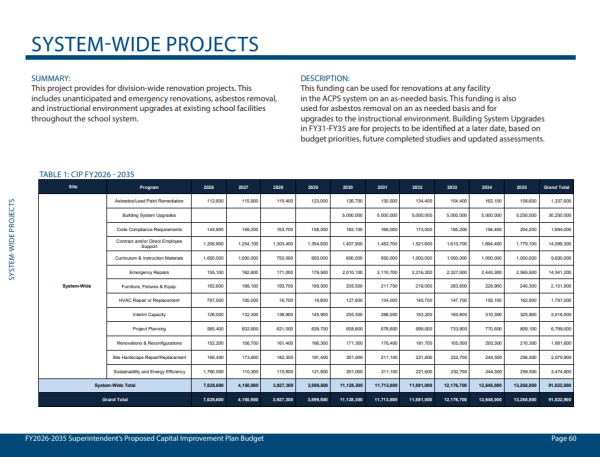
Some ACHS teachers feel that when comparing this price to how much the textbooks actually get used in the classroom, it’s not worth the cost.
“I don’t think textbooks are keeping up with what we need right now,” said Molly Finley, a math teacher at ACHS. “Everyone has Chromebooks. I don’t really need the actual textbook.”
Finley, along with the rest of the math department, went through the process of ordering new textbooks just this year, a procedure that each discipline goes through every couple of years.
“When [The Virginia Board of Education] updates the curriculum, that’s when the district puts out a call for anyone that has books aligned to the new standards,” said Finley. “People submit proposals, and then they make a committee of people who go through what was submitted and rank the ones that they like the best.”
“We grade the textbooks based on a whole series of different things,” said Gregory Thomas, assistant principal for the Business and Government Academy and math and English department supervisor, who was a part of the most recent committee choosing the new math textbooks. “We look through all the materials, the print materials, the online materials, and really try to give a fair sort of overview and rating of the textbook.”
Virginia is one of nine states that does not use the Common Core curriculum, which makes finding textbooks that line up with the Virginia Standards more difficult. This can lead to the chosen textbooks being misleading for students, as they often contain concepts that are not mentioned in the curriculum.
“If a kid was flipping through [a textbook], they might not know what half the stuff is because it’s not necessarily something we do in Virginia in geometry, but maybe [in another state] they do,” said Finley. “I wish we were able to find something that supported teachers better and was just Virginia specific.”
Unlike AP classes, where the textbook is distributed by College Board and therefore lines up with the curriculum, the Virginia Standards classes don’t have a set textbook that runs concurrently with the class, meaning students often overlook them when doing their work.
“I don’t believe I’ve used a textbook ever in a non-AP class,” said senior Daisy Soisuvarn. “And if so, it was only for an in-class assignment.”
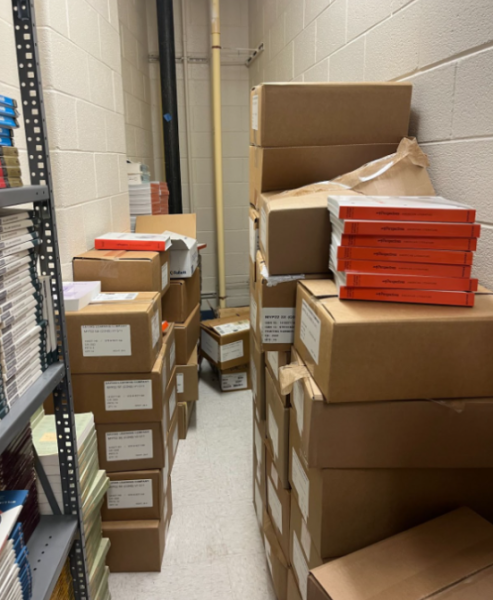
Almost every department goes through this process and faces similar challenges.
“When it comes to Virginia standards, it is a little bit trickier,” said Trisha Christopher, earth science teacher & co-chair of the science department. “I like books that are a little bit more project based and written by scientists and those are hard to find.”
Many teachers feel that these funds should go to more adaptable classroom applications, like Delta Math and other online math programs or new novels.
“What we like Delta Math for is it’s very user- friendly,” said Finley. “Sometimes people think more is better and more always isn’t better. Sometimes you just want something very straightforward.”
Over the past few decades, textbook companies have tried to combat this decreasing relevance by adding features such as access to an online version as well as recently incorporating AI.
“The new era textbooks are much more adaptable to the needs of the teacher and the students,” said Thomas. “That’s what makes one textbook stand out … from another. It’s not just the amount of resources they provide, but the chances that teachers are actually going to use these resources.”
While these features are meant to help teachers, some feel that it makes the textbook that much more daunting.
“Online textbooks I find very intimidating,” said Finley. “We do get training but we only have so much time. … I haven’t even had the time to really dive into [the new textbook]. …There’s an AI tool where I could make a worksheet, there is some stuff I will use, but again, it’s just gonna take time to find that.”
Other teachers face similar problems with not having enough time to truly dissect the textbooks and discover its resources.
“I feel like sometimes we get [the textbooks] and then we learn how to log in and then, because of the demands of our schedules, we don’t utilize them,” said Christopher. “I’ve noticed that some of the textbooks have some good mini labs or some good data analysis [activities] and so what I’d like is a little bit more time in our professional development schedule to sit down and pick a couple of those each year to make better use of the textbooks.”
Despite these criticisms, many of these teachers still feel like textbooks have a role in the classroom, even if it differs from what it has been in the past.
“I think textbooks are a great supplement to the classroom,” said Christopher. “A lot of times they have passages that we want students to be able to read and understand, especially when they’re written at high school level. We have such a wide variety of learners in our classrooms, it’s important that that text is accessible to lots of different kids.”
“I think textbooks are a tool and they need to be treated like a tool,” said Cole Davies, first year teacher at ACHS. “[Having textbooks] as a portion of what you are doing in the classroom is very useful.”
Overall, these teachers believe that while textbooks have their benefits, there are better uses for the money that is put aside for them in the budget.
“I know the money’s there, I just wish teachers were more involved in how to use it,” said Finley. “We are very much invited to the committee, but … I think maybe we need to just rethink the process. Not everything is meant to last forever and maybe the way that we go through this textbook process is just different now.”
